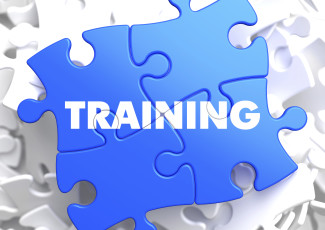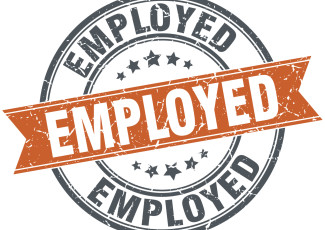How to Achieve a High Job-Placement Rate
By Dennis Pierce
October 9, 2015
Southwest Tennessee Community College attributes its success rate to building relationships, communicating constantly and “trying different things.”
Southwest Tennessee Community College is only 15 years old, but it has had nearly 100 percent success in placing students from its career programs into the workforce. College leaders attribute this success to a number of factors, including the relationships with industry professionals and constant outreach to students.
The college’s career services department surveys students before they graduate to learn about their plans, says Brenda Williams, director of career services. The department continues to follow up with students for a full year if they aren’t employed in their field of study.
Of the students who graduated with an Associate of Applied Science degree or completed a career-related certificate in 2013 (the last class for which the college has data), 97 percent are now employed, and 88 percent are working within their chosen field.
Preparing students to find a job
This high success rate starts with the efforts of Williams’ department.
“We offer services that include help in building a resume, preparing for an interview and knowing how to dress appropriately and communicate with employers,” she says. “We also pass along job listings and help with job search strategies.”
In addition, there are career fairs at each of the college’s two main campuses every fall and spring, and in collaboration with the Student Success Center, the career services team gives presentations on topics such as how to prepare for a career fair and how to make oneself more employable.
Of course, none of these services can have an impact unless students take advantage of what the department offers.
Promoting the college’s career services is “a continual challenge, like at most schools,” Williams acknowledges. “What we’ve tried to do is make sure students are aware of us from the moment they step on campus.”
This year, during the orientation session for new students, the career services department gave a short video presentation about its offerings and also conducted computerized career assessments during the event. Based on the results of the assessments, students unsure about what field they wanted to pursue were given a list of viable options.
The college also encourages new students to take an academic success class that helps them learn proper study habits and other relevant skills. Members of the career services team are invited to present during these classes.
“If we’ve done our job correctly,” Williams says, “then students are aware of our services — and they’re using them while they are here.”
Linked in with industry
The relationships that faculty and administrators have forged with industry professionals also contribute to Southwest Tennessee’s high job-placement rate.
Advisory boards that include industry representatives help to ensure the curriculum is relevant to employers’ needs, says Mike Stephens, dean of career studies — and the networks allow faculty to learn of job opportunities as they become available.
“Another thing that helps us be successful is responding quickly to employers when they contact us, and keeping our website updated,” Williams says. “Every few days, we update it with new jobs listings that come through to us; we get multiple job listings every day.”
The college tries to promote job opportunities and career-placement services to students in a variety of ways, such as electronically and through faculty and posters on campus. “We are trying different things,” she says.






